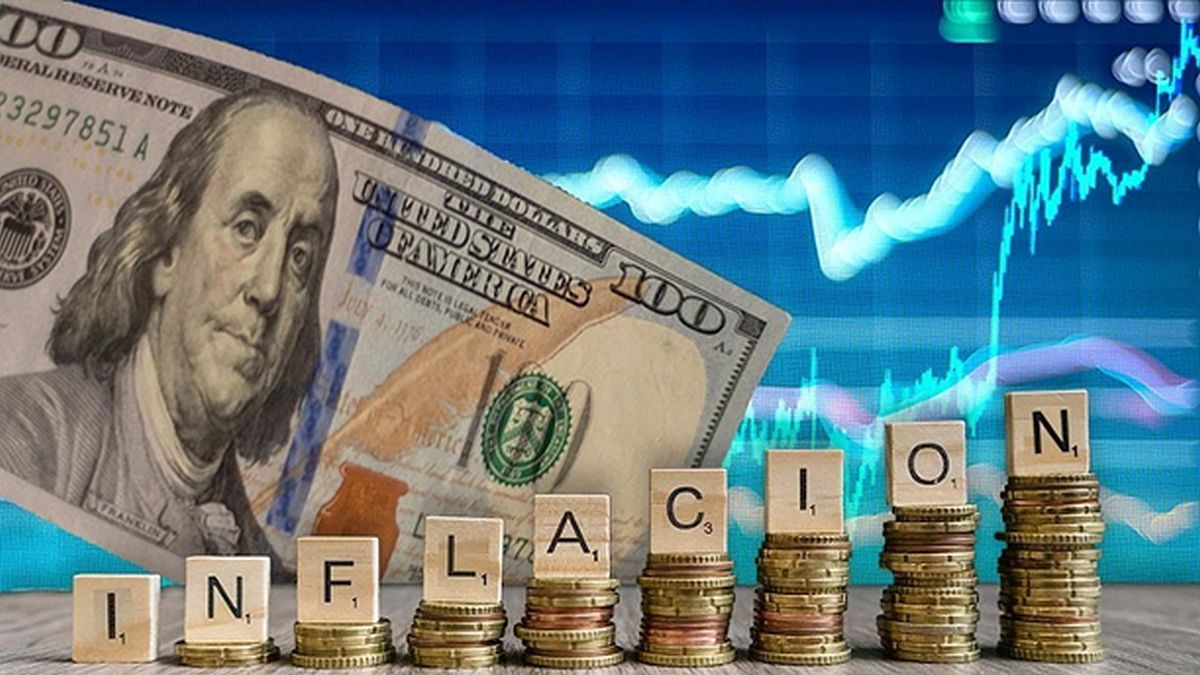The investment bank Goldman Sachs released a report with perspectives on the economy of Latin American countries, including Argentina. The document is titled “the Top 10 questions for 2024“where he analyzes different variables of the economy, between them the dollar and inflation.
In this note, one by one the answers to Goldman Sachs’ questions:
1. The diagnosis and the reforms
According to the Wall Street giant, the “macro and financial imbalances are very large.” “The new government has presented an ambitious macro adjustment agenda, but the weak governance conditions “will likely limit the ability of the Milei administration to pursue its bold political agenda,” the report states.
For Goldman Sachs, the Milei administration “has the correct diagnosis of the problems that are affecting Argentina and that have led to the notorious poor macro performance of recent years.” There were more positive points: “It also seems full of energy and committed to an adjustment bold and fiscally focused macroeconomic approach.”
However, “the political, social and legal limitations they will probably allow the administration Milei only partially complies with their political commitments.” “Given the enormous macro-financial imbalances, It is not clear whether a simple partial adjustment will be able to lead the economy towards a better balance. In general, macroeconomic risk remains high”, he warns.
Dollar and Omnibus Law
“The official exchange rate was devalued by 54% on December 13, 2023, at 800 pesos per dollar, a movement greater than expected and the first (important) step in the government’s new macro adjustment/rebalancing agenda. A change in import taxes further weakened the effective exchange rate on imports. After the great devaluation, the exchange rate has followed a tight monthly advance of 2%,” the text reviewed.
For the American bank, “IMF welcomed policy announcements” and the “new package provides a good basis for future discussions to get the existing program supported by the Fund back on track.”
After listing the measures announced by the Minister of Economy, Luis Caputoto reduce the deficit, and the “broad and ambitious” Omnibus Law project that the Executive sent to Congress, analysts warned that “implementation risk is high”.
From Goldman they maintained that “instead of the proposed total elimination of the fiscal deficit, it will be a notable achievement if the Milei administration achieve approve sufficient measures to eliminate the primary fiscal deficit in 2024 and carry the monthly inflation at less than single digits by the end of the year. A possible but difficult task,” adds the text.
dollar-blue-inversiones-finanzas.jpg
For Goldman Sachs, dollarization “does not necessarily” have to be the way
Depositphotos
Dollarization and hyperinflation
Among other very common debates is whether Argentina’s path is towards dollarization. In that sense, Goldman Sachs pointed out that “not necessarily.” However, he estimates that annual inflation will be very high, “in the triple digits, for a while. “The risk of a spiral of devaluation of prices and salaries cannot be ruled out.”
“Inflation is extraordinarily high, expectations are drifting and inflationary pressures intensified at the end of 2023 after the large devaluation of the peso. Annual general inflation accelerated to 211.4%. It should also remain high in the first quarter of 2024 driven by the drag effect and the planned adjustment of tariff prices. Overall, inflation should rise further and reach close to 300% (year-on-year) in the second quarter”, he warns.
According to Goldman Sachs, “the current highly fragile and unstable context makes the risk of a spiral of devaluation of wages, prices and currencies be significant, and “A concomitant loss of monetary and price control should not be minimized.”
“The short-term monetary and exchange management will be key for the success of the attempted macroeconomic stabilization plan and to determine whether a highly conflictive and dysfunctional financial dynamic will eventually lead to an even deeper endogenous dollarization of the economy (savings and financial transactions) and, ultimately, a formal dollarizationhe points out.
Source: Ambito
I am a 24-year-old writer and journalist who has been working in the news industry for the past two years. I write primarily about market news, so if you’re looking for insights into what’s going on in the stock market or economic indicators, you’ve come to the right place. I also dabble in writing articles on lifestyle trends and pop culture news.




